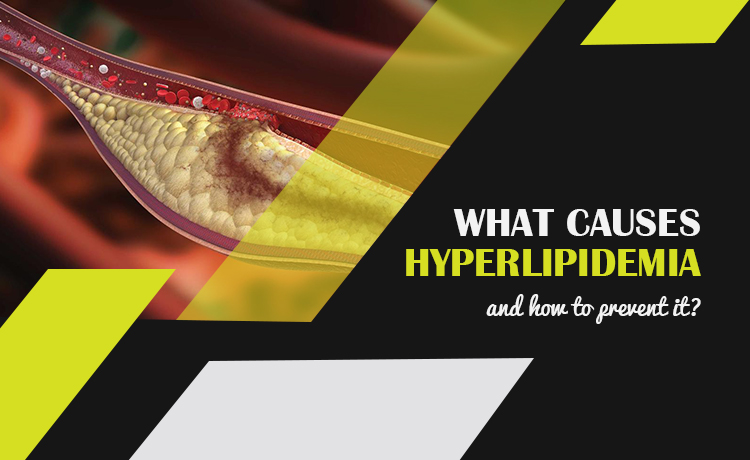On one of your previous clinic visits, you may have been told to “watch your cholesterol” to prevent it from getting to high levels. Your clinician was advising against hypercholesterolemia, one of the more common disorders in a range of blood disorders called hyperlipidemia.
Blood Is An Important Transport Medium for lipids
Blood usually serves as a transport medium for lipids. This is a part of a physiological process required to move lipids from their production site or absorption to the cells that eventually utilize them. Lipids are essential energy fuels in the body and building blocks for many essential compounds in the body, so this process is a necessary component of metabolism. When lipids are transported, they are bound to proteins to make them more soluble and ease their transport. This protein-lipid combination is known as lipoproteins. There are two major kinds of lipoproteins: high-density lipoproteins (HDL), which contain a higher percentage of proteins than low-density lipoproteins (LDL )
LDL Is The “bad cholesterol,” HDL Is The Good One
Ideally, it would be best if you aimed to increase HDL level (also known as good cholesterol because it assists in taking excess lipids away from cells and blood) and reducing your LDL because LDL is linked to cardiovascular conditions (i.e. atherosclerosis and myocardial infarctions). That’s heart attack in laymen term. But what causes LDL to rise to very high levels? Here a few. LDL can increase in the blood due to several causes and these few factors can cause blood levels of lipids to rise excessively including:
1. Genetic Abnormalities
Many enzymes and receptors are involved in LDL production and its eventual clearance from the blood. When due to genetic abnormalities, there is a defect in any of the enzymes and receptors involved in LDL clearance, it can cause problems. LDL will then tend to accumulate in the body, causing hyperlipidemia.
2. Excessive Fat Content In The Diet
If your dietary intake of fat is on the high side, LDL production (which is a usual end form in lipid transportation) may occur at a rate higher than its clearance. This usually leads to LDL accumulation in the blood.
3. Sedentary Lifestyle
Exercise helps to boost fat metabolism and utilization. Therefore, a very sedentary lifestyle may predispose one to high cholesterol levels and a subsequent increase in LDL levels in the body.
4. Smoking
Smoking is a strong risk factor for hyperlipidemia and exacerbation of its effects. A heavy smoking habit may interfere sufficiently with metabolism to cause hyperlipidemia.
How To Prevent Hyperlipidemia
There are some things you could do to boost your metabolic health and prevent hyperlipidemia. Here is a couple:
1.Cut Down On A High-fat Diet
Dietary restrictions of fat intake are an effective way of preventing hyperlipidemia. Formulate and adhere to a healthy diet, and your metabolic health will be better off for it.
2. Exercise Regularly
If you are the passive type, you should form an exercise regimen that works for you and follow it. Obesity is a strong risk factor for hyperlipidemia, and regular exercise is one way of countering that.
3. Cut Down On Smoking
Smoking is strongly linked to hyperlipidemias, so minimize your smoking habit if you have one. Doing this protects you against hyperlipidemias and different kinds of cancers to which smoking is also linked.
4. Use Metabolism-Boosting Supplements
Several supplements are designed to boost metabolism, which can help the body cope better with fat metabolism and prevent hyperlipidemia. A supplement option I would recommend based on personal use is the Shiruto vitamin supplement, which contains several vitamins that play an essential role in metabolism.








